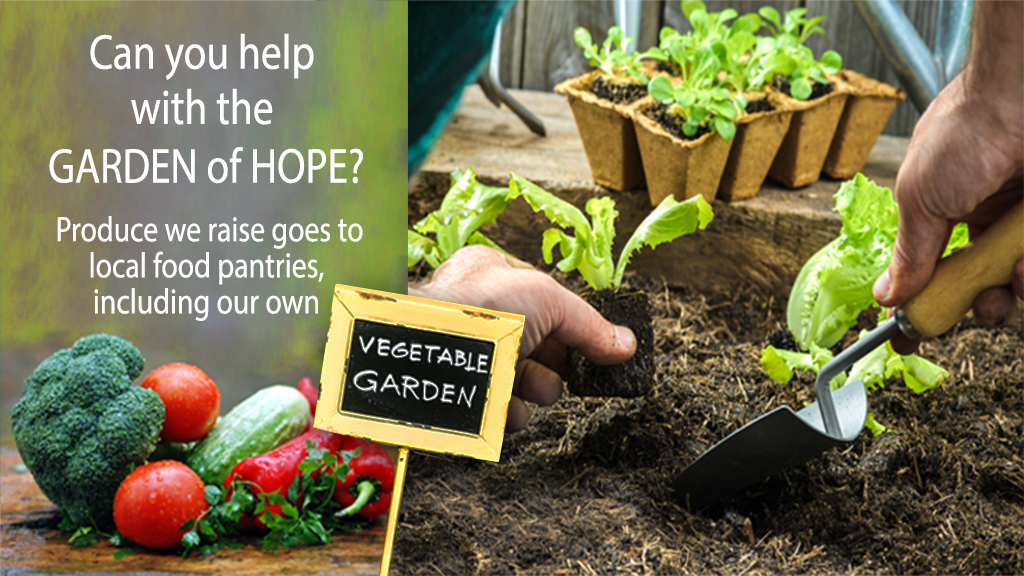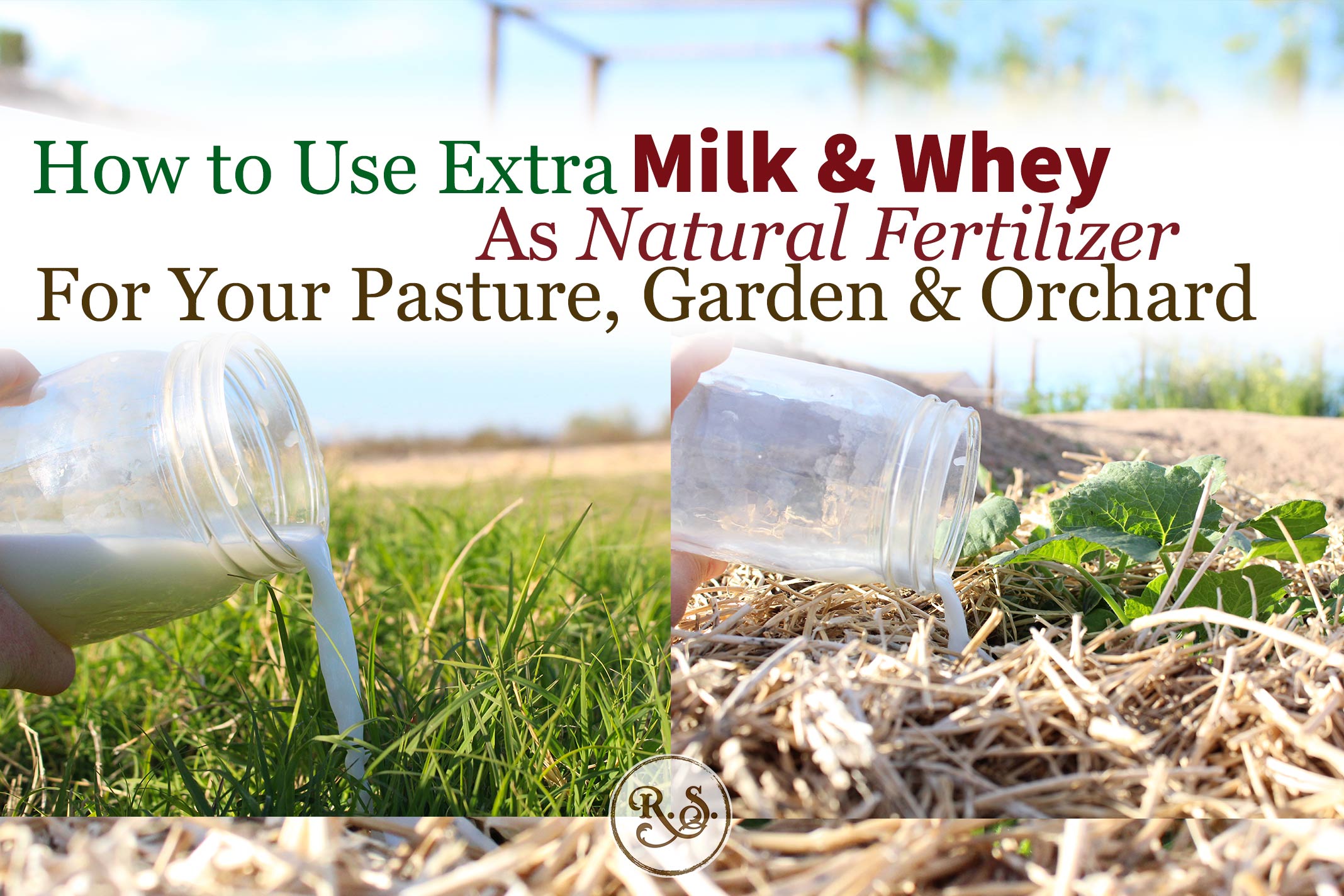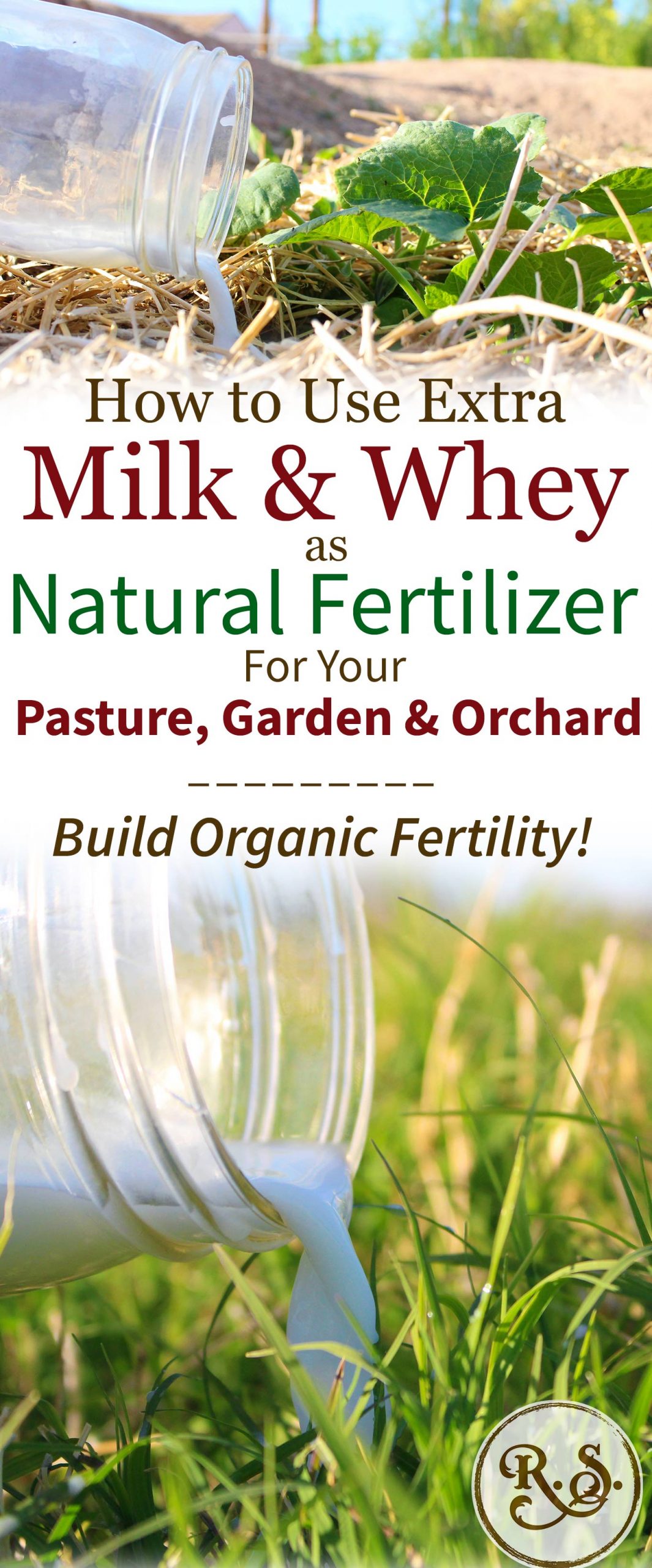Top Organic Fertilizers to Enrich Your Garden Naturally. Discover The best organic fertilizers To boost your garden’s health. Enhance your plants naturally & enjoy thriving blooms with our easy tips!
What are Top Organic Fertilizers To Enrich Your Garden Naturally & how do they work?
Organic fertilizers enrich soil using natural ingredients. They promote healthy plant growth without harmful chemicals. Examples include compost, manure, & plant residues. Microorganisms break down these materials, releasing nutrients. Nutrients then become available for plants. This process supports sustainable gardening practices.

Brief history of Top Organic Fertilizers To Enrich Your Garden Naturally
Ancient cultures utilized organic materials for farming. Egyptians used composted waste around 3000 BC. This practice spread through civilizations across Europe & Asia. In modern times, organic farming gained popularity during 20th century. People sought alternatives To chemical fertilizers due To health concerns. This shift fostered innovation within organic fertilizer production.
How To implement Top Organic Fertilizers To Enrich Your Garden Naturally effectively
Start by testing soil for nutrient deficiencies. Choose appropriate organic fertilizers based on results. Additionally, consider applying compost regularly. Compost improves soil structure & promotes microorganism activity. Another effective method includes mulching with organic materials. Mulches retain moisture while providing nutrients over time.
Key benefits of using Top Organic Fertilizers To Enrich Your Garden Naturally
Using organic fertilizers enhances soil fertility. Healthy soil promotes robust plant growth & yields. They also improve overall soil structure, preventing erosion. With reduced chemical runoff, ecosystems benefit significantly. Organic fertilizers support biodiversity within garden environments.
Challenges with Top Organic Fertilizers To Enrich Your Garden Naturally & potential solutions
Some challenges include slower nutrient release compared with synthetics. Using organic fertilizers can require patience during growth seasons. Balancing nutrient levels may also present difficulties. Regular soil testing helps identify precise needs. Learning proper application rates ensures optimal benefits.
Future of Top Organic Fertilizers To Enrich Your Garden Naturally
Innovations continue within sustainable farming practices. New products & techniques are emerging regularly. Research focuses on enhancing nutrient delivery systems. Additionally, community awareness drives demand for organic solutions. Future trends anticipate increased integration with technology. Urban gardening will likely embrace these methods further.

Understanding Organic Fertilizers
Organic fertilizers enhance soil, promoting healthy plant growth. They contain natural ingredients, unlike synthetic options. These fertilizers improve soil structure, retain moisture, & increase microbial activity.
Various types exist, each offering unique benefits. Manure, compost, & natural minerals nourish plants effectively. For more comprehensive insights, check this informative video on organic fertilization methods.
Using organic fertilizers fosters sustainability in gardening. This approach emphasizes health for plants, soil, & surrounding ecosystems. Makers of these products focus on preserving nature’s balance while delivering effective nutrients.
Types of Organic Fertilizers
Animal Manure
Animal manure serves as an excellent organic fertilizer. This natural resource consists of waste from livestock, including cows, horses, & chickens. Rich in nitrogen & other essential nutrients, manure effectively enhances soil fertility.
Composting manure further enriches its nutrient profile. Adding carbon-rich materials creates a balanced mix. This process ensures a slow, steady release of nutrients over time, beneficial for plant growth.
Proper application of manure requires caution. Untreated manure may contain pathogens harmful To plants. Always compost manure before using it in gardens for maximum safety & effectiveness.
Compost
Compost serves as another outstanding option for organic fertilization. This nutrient-rich material results from decomposed organic matter, such as vegetable scraps, leaves, & grass clippings. Compost contributes vital nutrients while improving soil structure.
Making compost at home reduces waste & lowers gardening costs. By combining green & brown materials, gardeners create a balanced compost pile. Turning compost regularly accelerates decomposition, producing finished compost in a few months.
Adding compost simplifies nutrient management. Its slow release of nutrients supports plants throughout growing seasons. Regularly incorporating compost leads To healthier, more resilient plants over time.
Bone Meal
Bone meal represents a valuable organic fertilizer, particularly for phosphorus needs. Made from ground animal bones, this supplement enhances root development & flower production. It contains essential nutrients, making it an effective choice for gardens.
Plants experiencing stunted growth often respond well To bone meal. Root systems, flowers, & seeds benefit greatly from added phosphorus. Using bone meal allows gardeners To promote healthy plant development.
Application of bone meal requires attention. Ensure proper ratios when mixing with soil. Too much phosphorus may lead To negative reactions in certain plants, so moderation is key.
Benefits of Organic Fertilizers
Enhanced Soil Structure
Organic fertilizers contribute To improved soil structure. They enhance physical properties, promoting better drainage & aeration. This results in healthier root systems for plants, allowing them To absorb nutrients more effectively.
Healthy soil supports diverse microbial communities. Beneficial microorganisms thrive with organic matter, breaking down nutrients for plant uptake. Increased microbial activity promotes nutrient cycling, benefiting garden ecosystems.
Incorporating organic matter also improves moisture retention. Soils rich in organic content hold water better, reducing irrigation needs. This ultimately conserves water while supporting plant health, influencing overall garden productivity.
Sustainability Practices
Utilizing organic fertilizers promotes sustainable gardening practices. Such methods strengthen ecosystems, reduce pollution, & preserve valuable resources. Organic options contrast sharply with synthetic fertilizers, which may harm surrounding environments.
These fertilizers generally originate from renewable sources. By emphasizing sustainability, gardeners maintain healthy ecosystems while growing food. This approach reflects smart gardening that aligns with environmental health & biodiversity.
Moreover, organic fertilizers support long-term soil health. Regular use replenishes essential nutrients while preventing soil degradation. This ongoing cycle fosters resilience among plants, securing future gardening success.
Safety for Humans & Wildlife
Organic fertilizers pose fewer risks compared To synthetic alternatives. They often contain minimal harmful chemicals, making them safer for human handling. Families can confidently use organic options in household gardens.
Additionally, organic approaches safeguard local wildlife. Healthy garden ecosystems thrive when natural nutrients are emphasized. Birds, insects, & beneficial animals are welcomed visitors, promoting biodiversity.
Using organic fertilizers also reflects a commitment To safe food production. Growers concerned about chemical residues can rest easy knowing their gardens contain natural ingredients. This makes meals healthier while ensuring environmental stewardship.
Application Techniques for Organic Fertilizers
Broadcasting
Broadcasting represents a common method for applying organic fertilizers. This technique involves spreading materials evenly across soil surfaces. It allows for quick coverage over large areas, promoting even nutrient distribution.
When broadcasting, timing becomes crucial. Early spring often yields optimal results before planting. Applying organic fertilizers well before growing seasons enables nutrients To integrate effectively into soil.
Track weather conditions following application. Rain can help activate nutrients, enhancing their usefulness. However, excessive rain may wash away excess fertilizer, leading To diminished effectiveness.
Side Dressing
Side dressing serves as another effective application method for organic fertilizers. This technique involves adding fertilizer alongside growing plants, providing nutrients during critical development stages. It allows for targeted feeding as plants mature.
This method proves beneficial during active growth periods. For instance, side dressing during flowering or fruiting phases can significantly impact yields. Timing becomes essential To maximize potential benefits.
Ensure distance from plant stems when side dressing. Avoiding roots minimizes any risk of damage. Maintain a balanced approach, applying The right amount based on specific plant needs.
Choosing The Right Organic Fertilizer
Understanding Plant Needs
Knowing specific plant nutritional needs guides fertilizer selection. Different plants exhibit varied requirements based on their growth stages. Understanding these requirements ensures gardeners provide appropriate nutrients for development.
Soil testing presents an effective way To assess nutrient levels. This practice identifies existing deficiencies, guiding fertilizer choices. Proper analysis leads To informed decisions & improved garden health.
Regular monitoring of plant health reveals additional insights. Healthy growth generally indicates balanced nutrient levels. Conversely, signs of nutrient deficiency prompt The need for further evaluation & adjustments in fertilization.
Types of Plants
Different plants necessitate unique fertilizer types for optimal growth. For instance, leafy greens often require higher nitrogen levels for lush foliage. Conversely, flowering plants may demand more phosphorus for blooming.
Vegetable gardens often benefit from balanced formulations. A well-rounded approach addresses multiple nutrient needs while supporting overall growth. By considering individual plant varieties, gardeners enhance productivity effectively.
Understanding specific varieties also helps in decision-making. Researching needs & growth habits ensures appropriate nutrient provision. Making informed fertilizer choices contributes positively To overall garden health.
Environmental Impact
Consideration of environmental impacts remains vital when choosing organic fertilizers. Sustainability focuses not only on plant health but also on broader ecological effects. Responsible choices reflect a commitment To preserving natural ecosystems.
Evaluating product sourcing aids in determining environmental friendliness. Opt for fertilizers produced from renewable resources, minimizing destruction of habitats. Sustainable products align with ethical gardening practices.
Additionally, supportive agricultural practices enhance soil health. Practices such as rotation & cover cropping work well alongside organic fertilization. These methods promote healthy soil biology, leading To sustainable gardening success.
Noteworthy Organic Fertilizers
Fish Emulsion
Fish emulsion offers a unique organic fertilizer option. Derived from fish byproducts, this nutrient-rich liquid promotes rapid plant growth. High nitrogen content fosters lush foliage, enhancing overall vitality in gardens.
Application of fish emulsion proves simple. Mix diluted solutions with water for easy distribution throughout plants. This liquid option delivers nutrients quickly, making it ideal for impatient gardeners.
Consider potential odors when using fish emulsion. Some gardeners may find scents off-putting. However, benefits generally outweigh drawbacks, as plants thrive with regular applications of this natural fertilizer.
Kelp Meal
Kelp meal represents yet another valuable organic fertilizer. Sourced from seaweed, this mineral-rich supplement enhances soil quality. Its diverse nutrient profile contributes positively To plant growth & resilience.
Applying kelp meal improves water retention in soils. This characteristic benefits plants during dry periods, supporting optimal health. Additionally, this fertilizer promotes beneficial microbial activity.
Kelp meal offers versatility in application methods. Gardeners can mix it into soil or sprinkle it around existing plants. This flexibility allows for personalized approaches To fertilization.
Worm Castings
Worm castings serve as a highly effective organic fertilizer. Created from processed organic matter, these castings provide a potent nutrient source. They enrich soil & promote healthy microbial life, resulting in thriving gardens.
The application of worm castings enhances soil structure. Their texture improves aeration, retaining moisture while allowing roots To breathe. Plants respond positively To this improved environment, exhibiting vigorous growth.
Consider incorporating worm castings into compost. This combination enhances nutrient levels & beneficial microbial populations. Gardeners often find this method leads To impressive results for soil health.
Feature List of Top Organic Fertilizers
- 🌿 Supports Soil Fertility
- 🌼 Promotes Plant Growth
- 🌾 Natural Ingredients
- 🌱 Eco-Friendly Options
- 💧 Enhances Moisture Retention
- 🐝 Supports Beneficial Microorganisms
- 🌍 Sustainable Practices
My Personal Experience
Throughout my gardening journey, I’ve relied on organic fertilizers. Their benefits proved evident in healthier plants & richer soil. Observing positive changes reinforced my decision toward sustainable practices.
Each spring, I apply compost To my garden beds. This effort greatly enhances both soil structure & plant growth. Following this approach has led me consistently toward vibrant, flourishing gardens.
Every season, I joyfully witness results of organic fertilization. My admiration for natural gardening practices only continues To grow. Committing To these methods has transformed not just my garden, but my perspective on sustainable living.
Organic Fertilizers – My Top 5 Choices For 2021!
Top Organic Fertilizers to Enrich Your Garden Naturally Organic Fertilizers – My Top 5 Choices For 2021! Top Organic Fertilizers to Enrich Your Garden Naturally
Understanding Organic Fertilizers
Organic fertilizers have gained popularity among gardeners. They enrich soil while promoting sustainable practices. Many believe that using organic options yields healthier plants compared To synthetic fertilizers.
These fertilizers increase microbial activity, enhancing soil structure. Beneficial microbes break down organic matter, releasing nutrients. As a result, plants grow stronger & more resilient.
Choosing organic for your garden benefits both plants & environment. These materials support soil health, improving water retention & drainage. Many gardeners share their experiences online; for example, this video provides valuable insights about choosing organic options.
Types of Organic Fertilizers
Many varieties of organic fertilizers exist, each with unique benefits. Some commonly used materials include compost, manure, & bone meal. Each type offers distinct nutrient profiles necessary for plant growth.
Compost consists of decomposed organic matter. This nutrient-rich material enhances soil structure & boosts microbial content. Manure, on another hand, provides significant nitrogen levels, essential for vegetative growth.
Bone meal supplies phosphorus, which aids root development & flowering. Seaweed extracts offer micronutrients beneficial for overall plant health. Consider combining different types for a balanced approach To fertilization.
Compost: Black Gold for Your Garden
Compost serves as a foundational element for organic gardening. Many gardeners create their own by collecting kitchen scraps & yard waste. This sustainable practice recycles organic materials while enriching soil.
Adding compost improves soil’s aeration & moisture retention. It encourages beneficial organisms, transforming your garden into a thriving ecosystem. Over time, soil quality significantly enhances when utilizing compost.
Incorporating compost into planting beds boosts nutrient availability as well. This practice supports healthier, more vigorous plants. Optimal growth becomes attainable with compost as a staple in gardening efforts.
Manure: A Nutrient Powerhouse
Manure offers a rich source of nitrogen, phosphorus, & potassium. Various animal manures exist, such as chicken, cow, & horse. Each type varies slightly in nutrient content, so choose based on specific needs.
Using manure requires caution, as raw manure may contain pathogens. Composting manure before application reduces risks while enhancing its benefits. Well-aged manure works effectively, providing slow-release nutrients.
Add manure around plants, ensuring proper incorporation into soil. This enhances nutrient uptake over time. Manure also improves soil structure, beneficial for plant roots.
Bone Meal: Ideal for Strong Roots
Bone meal serves as an excellent source of phosphorus. Strong roots depend on phosphorus, crucial during early plant development. This organic amendment encourages flowering & fruiting as well.
Incorporate bone meal into your planting holes for best results. Mix well with soil for even distribution. This ensures that plants access necessary nutrients from beginning stages.
Bone meal remains beneficial for perennial plants. Regular application supports sustained growth year after year. Utilize this resource wisely for lasting garden success.
Other Organic Options
Besides traditional fertilizers, alternative options exist for enriching soil naturally. Fish emulsion represents one such organic substitute, providing essential nutrients quickly. This liquid fertilizer works well for immediate nutrient needs.
Another option, kelp meal, offers micronutrients typically absent in other fertilizers. Its application stimulates plant growth & aids drought resistance. Consider including kelp meal for enhanced overall plant health.
Green manure practices involve planting cover crops, then returning them To soil. This enriches soil & prevents erosion while adding organic matter. Such methods improve overall garden dynamics over time.
Using Organic Tea
Organic teas, brewed from compost or manure, promote beneficial interactions with plant roots. These nutrient-rich liquids stimulate microbial activity & enhance soil fertility. Brewed correctly, they create a potent additive for regular feeding.
Store-bought options also exist for convenience. Many brands offer concentrated varieties, ready for dilution. These products ensure nutrients become easily accessible for plants.
Apply organic teas as a foliar feed or soil drench. This approach offers flexibility based on particular garden needs. Healthy plants thrive when given balanced nutrition through various methods.
Mulching for Extra Nutrients
Mulching serves as an excellent practice for improving soil fertility. Organic materials like straw, wood chips, or leaves act as a protective layer. This helps retain moisture while suppressing weeds.
Over time, these organic materials break down, enriching soil. This process increases organic matter while enhancing soil biology. Healthier soil directly translates into strong, vibrant plants.
Ensure proper application depth for effective results. Keep mulch away from plant bases To prevent rot. A well-maintained mulch layer contributes To overall garden health, promoting sustainability.
Application of Organic Fertilizers
Proper application ensures that organic fertilizers work efficiently. Timing considers plant growth stages, making a significant impact. Early season applications focus on nitrogen; mid-season ensures continued success.
Follow recommended application rates for best results. Over-fertilizing can lead To nutrient imbalances, potentially harming plants. Regular soil testing provides valuable information about existing nutrient levels.
Choose appropriate methods for applying organic fertilizers. Broadcasting works well for granular options, while liquid feeds require dilution. Consistent monitoring helps maintain optimal plant health.
Composting Techniques
Creating compost requires specific techniques for success. Start with a mix of greens (nitrogen-rich materials) & browns (carbon-rich materials). Maintaining a balance between these components promotes effective decomposition.
Turning compost regularly aerates The pile, speeding up breakdown. Moisture levels should remain consistent, ensuring microbial activity thrives. Aim for a finished product that feels crumbly & has earthy aroma.
Consider using a compost bin or pile for convenience. This helps contain materials while controlling odor. Regularly add kitchen scraps, yard waste, & other organic materials for ongoing production.
Maintaining Soil Health
Healthy soil serves as a foundation for productive gardening. Regular incorporation of organic matter supports microbial life & enhances nutrient cycling. Practice crop rotation To prevent nutrient depletion in soil.
Cover crops serve as protective assets during off-seasons. These plants reduce erosion while fixing nitrogen in soil. Select appropriate species based on local climate & soil conditions.
Utilize organic amendments throughout each growing season for ongoing benefits. Regular observation of plant health helps identify potential issues early. Healthy soil translates into healthier plants.
Comparison of Popular Organic Fertilizers
| Organic Fertilizer | Benefits | Nutrient Profile | Application Method | Common Use 🌿 |
|---|---|---|---|---|
| Compost | Improves soil structure | Nitrogen, phosphorus, potassium | Spread on surface | All plants 🌾 |
| Manure | High in nitrogen | Nitrogen, phosphorus, potassium | Mix into soil | Vegetables, flowers 🌼 |
| Bone Meal | Encourages root growth | High in phosphorus | Mix into planting holes | Bulbs, perennials 🌷 |
My Experience with Organic Fertilizers
Over my years of gardening, I found great joy using organic fertilizers. Initially, I was uncertain about effectiveness, but results amazed me. My plants flourished, thriving in enriched soil, leading me towards organic gardening.
Experimenting with different combinations taught me valuable lessons. Various fertilizers each offered unique benefits that transformed my gardening practices. Sharing experiences online, I connected with other gardeners, learning new techniques together.
Seeing plants thrive from natural inputs brings satisfaction. Witnessing growth cycles enhances appreciation for organic practices. Gardening with organic fertilizers became a cherished part of my life.
Further Resources
Several online resources provide valuable information related To organic gardening. Exploring forums & communities helps gather tips & tricks. New gardeners can find support & guidance by engaging with experienced gardeners.
Social media platforms often house groups dedicated solely To gardening topics. These groups spark discussions about various organic fertilizers. For example, explore this Reddit discussion for insights.
Websites such as Garden AFA offer extensive articles & guides. These resources cover several aspects, from fertilizer types To application methods. Engaging with these sources supports becoming a successful gardener.

What are some popular organic fertilizers for gardens?
Popular organic fertilizers include compost, well-rotted manure, fish emulsion, bone meal, & seaweed extracts. These options enrich The soil with nutrients & improve soil structure, promoting healthy plant growth.
How does compost benefit my garden?
Compost is a rich source of nutrients & beneficial microbes. It improves soil structure, enhances moisture retention, & provides essential nutrients To plants over time, making it an excellent organic fertilizer.
Is manure a good organic fertilizer?
Yes, well-rotted manure is an excellent organic fertilizer. It adds nutrients, enhances soil quality, & promotes beneficial microbial activity. However, it is important To use aged manure To avoid burning plants.
What is fish emulsion & how can it be used?
Fish emulsion is a liquid fertilizer made from fish waste. It is rich in nitrogen & trace nutrients, making it ideal for leafy vegetables & young plants. It can be diluted with water & applied as a foliar spray or soil drench.
What role does bone meal play in gardening?
Bone meal is a slow-release source of phosphorus, which is essential for root development & flower production. It is particularly beneficial for flowering plants & can be mixed into The soil before planting.
Can I use seaweed extracts in my garden?
Seaweed extracts provide a variety of micronutrients & growth hormones that promote plant health & resilience. They can be used as a foliar spray or soil amendment, enhancing overall plant vigor.
How often should I apply organic fertilizers?
The frequency of application depends on The type of fertilizer & The plants being nourished. Generally, organic fertilizers can be applied every 4 To 6 weeks during The growing season, but it’s important To follow specific product instructions for best results.
Are there any disadvantages To using organic fertilizers?
While organic fertilizers are generally safer & more environmentally friendly, they may have slower nutrient release rates compared To synthetic options. This can lead To delayed results, especially in nutrient-deficient soils.
Can I make my own organic fertilizer at home?
Yes, you can make your own organic fertilizer using kitchen scraps, lawn clippings, & other organic materials. Composting or preparing a worm bin are effective methods for creating nutrient-rich organic fertilizers at home.
What should I avoid when using organic fertilizers?
Avoid over-fertilizing, as this can harm plants & disrupt soil health. Additionally, ensure that any manure used is well-composted To prevent The introduction of pathogens & weed seeds into your garden.
Conclusion
Incorporating organic fertilizers into your gardening routine can make a world of difference. These natural options not only feed your plants but also nourish The soil & promote a healthy ecosystem.

Whether you choose compost, worm castings, or bone meal, each offers unique benefits that help your garden thrive. Plus, using organic fertilizers means you’re making a safe choice for your family & The environment. So, take a moment To explore which organic fertilizers suit your needs best, & enjoy watching your garden flourish naturally. Happy gardening!
